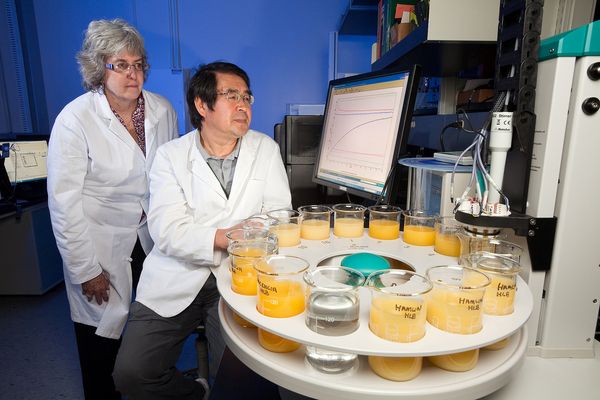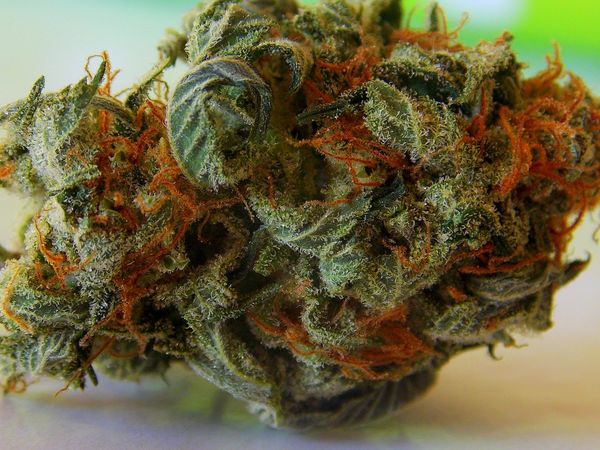- The news specifies who must authorise cannabis-based treatments and the criteria governing its cultivation and harvesting. It also leaves the door open to cultivation of the plant for pharmaceutical purposes. For now it will be necessary to wait for the national media and public opinion to express their opinions on it.

This week on Twitter some Ecuadorians claimed that Ecuador had legalised cannabis. Perhaps out of caution, the media has not yet released information on the matter, although the Government's website has issued a decree, signed by President Rafael Correa himself, in which the president authorises the use of marijuana for some purposes and treatments. The news is certainly encouraging for the country.
The document, published on the official website, specifies that the country's Technical Secretariat of Drugs (SETED) will authorise the planting, cultivation and harvesting of plants containing active ingredients including narcotic and psychotropic substances. The permission will be issued for industrial, non-pharmaceutical purposes, and may be granted to "natural and legal persons, public or private." With regards to public ones, it will be placed in the hands of entities responsible for overseeing the production and trafficking of controlled substances, like marijuana.
Decreto 951 #Ecuador legaliza #cannabis cc:@isidromarin @lamarihuana
— PaulCoyote (@paulcoyote) 12 de marzo de 2016
vía @santidavid pic.twitter.com/7Cgqk7gcP6
Cultivation, planting and harvesting will also be applied to scientific research. The authorisation may be granted to both higher education entities and public and private research centres. The document also leaves the door open to the application of these measures to grow crops for the production of medicines, in which case it will be the national health authority that issues a regulation authorising it.
According to the decree published, this permission must meet a number of requisites, like filling out a form establishing the purpose pursued, and drafting a specific planting, growing and harvesting plan. In any case, the SETED will be responsible for granting or denying the requests, after an in situ inspection and the drafting of a technical report on compliance with the aforementioned requirements.

This same institution will also periodically carry out inspections to verify that the requirements specified in the official documents are being met. These inspections may include requests for samples, for their subsequent analysis. Should any requirement be violated, the authorisation previously granted will be rescinded. This news seems encouraging, but public opinion in reaction to it remains to be heard.


Comments from our readers
Read comments in other languages:
Did you like this post?
Your opinion about our seeds is very important to us and can help other users a lot (your email address won't be made public).